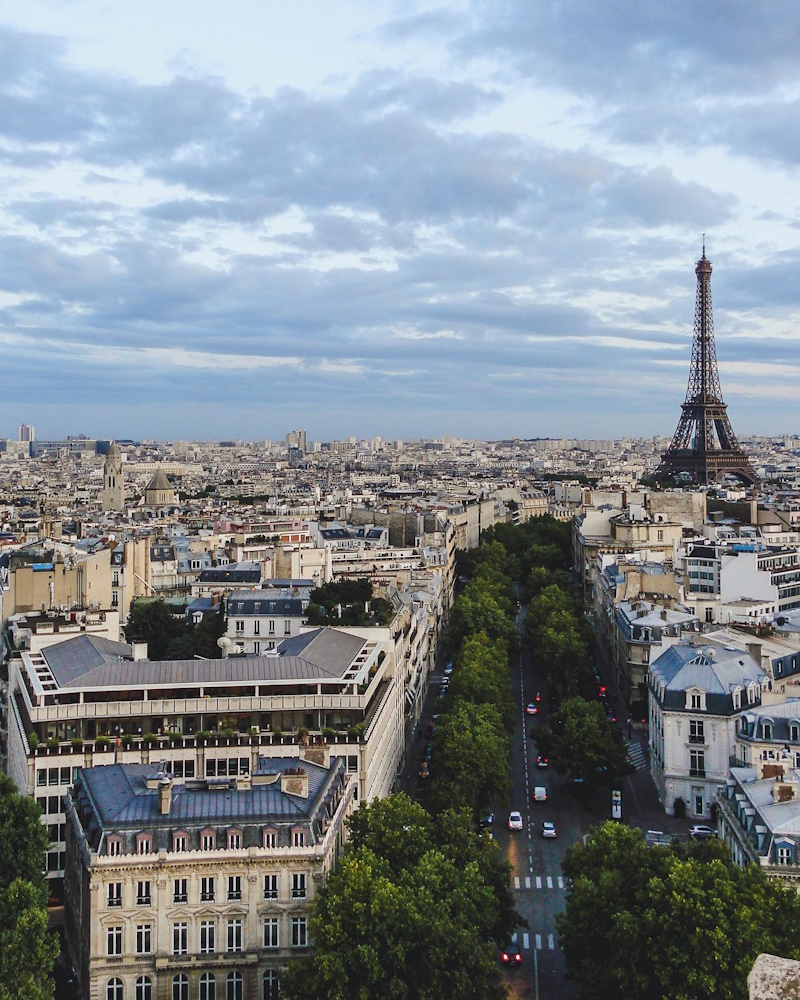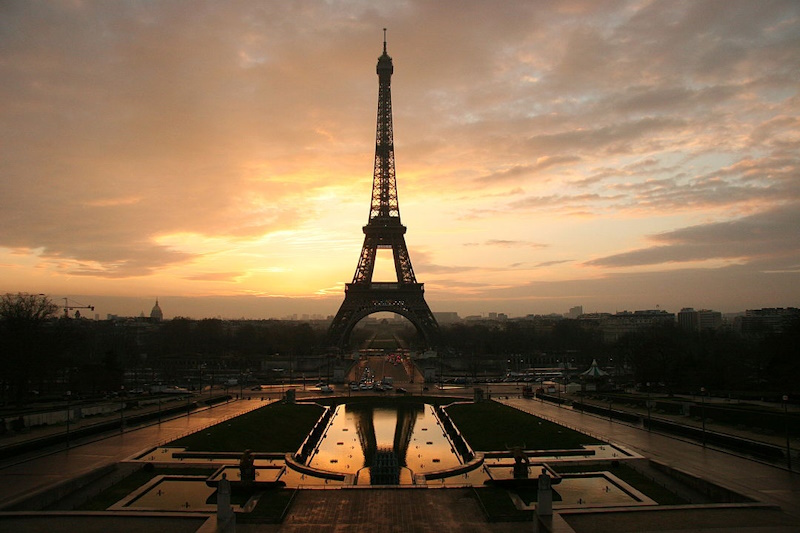Is Paris Syndrome Really a Thing?
You book the ticket. You imagine croissants at sunrise, elegant streets, the Eiffel Tower glowing over the Seine. And then you get to Paris – and something just feels off.
If you’ve landed in the French capital and felt disoriented, let down, or even depressed, you might be experiencing something thousands of travelers have quietly gone through: Paris Syndrome.
It’s not made up. These travelers are wondering why they aren’t enjoying the trip they dreamed of for years.
What Paris Syndrome Really Is
The term started in the 1980s when doctors noticed a strange trend: Japanese tourists arriving in Paris would end up in hospitals with anxiety, depression, even hallucinations. They called it “Paris Syndrome.”
At first, it sounded like a cultural misunderstanding. But over time, it became clear that people from all over the world were experiencing some version of it.
It’s not a single medical condition. It’s a mix of things: jet lag and exhaustion, over-romanticized expectations, language and cultural friction, emotional disconnection, and sensory overload in a big, busy city.
One traveler put it this way:
“I got to Paris and immediately felt like I was in the way. Like the city didn’t want me there. And I couldn’t shake it.”
What Hits People the Hardest
The Rudeness Feels Personal
You ask for a coffee. The waiter rolls his eyes. Someone bumps you in the metro and doesn’t apologize. You try to buy something, and they act like you’re bothering them.
For many first-timers, this is the first crack.
“The waiter literally took the menu out of my hands and walked away. I had no idea what I did wrong.”
It’s not that Parisians are out to get you, but their version of politeness is different. Social rules are quiet but strict. If you don’t say “bonjour” before speaking, you’re already being rude. If you don’t say “merci,” “s’il vous plaît,” or “au revoir,” you’ll be treated accordingly.
But when you do…
“The moment I started using even the tiniest bit of French, people relaxed. Smiled, even. It was wild.”
The Smell, the Trash, the Grit
Some travelers expect movie Paris. But all cities smell badly in some places. Urine in the metro. Dog poop on sidewalks. Overflowing bins in August heat.
“I stepped out of the Gare du Nord and the first thing I smelled was piss. And that didn’t really change.”
“I couldn’t believe how much dog poop there was. I thought it was a joke until I had to dodge piles every 10 feet.”
This is part of the city’s texture, but for people expecting spotless streets and floral perfume, it’s a shock. Especially if they arrive in summer, when the heat makes everything more intense.
The Fantasy Dies Fast
A lot of people don’t realize how much they’ve romanticized Paris until it hits them that the fantasy isn’t real. The cafés are crowded. The croissants are dry. The Eiffel Tower is surrounded by people hawking trinkets and dodging security.
“I walked to the Eiffel Tower at night expecting to feel something. I just felt… disappointed. Like I was watching someone else’s trip.”
Even if nothing goes wrong, the disconnect between what they imagined and what’s actually happening can trigger something deep and hard to name.
The City Feels Indifferent
Paris doesn’t care about your trip. That sounds harsh, but it’s something a lot of people eventually realize.
“I felt completely invisible. No one smiled. No one talked to me. It was like I didn’t exist.”
For solo travelers or people coming from warmer, friendlier places, this can be crushing. Especially after spending months daydreaming about “the most romantic city in the world.”
The Crowds, the Chaos, the Noise
Tourist Paris is loud, busy, and overstimulating. The museums are packed. The metro is hot and crowded. Every landmark comes with an hour-long line and overpriced snacks.
“By day three, I felt like I was just surviving. Pushing through crowds, trying not to get pickpocketed, standing in line after line.”
Even if you’re prepared, the sheer intensity can wear you down.
It Hits Harder If You’re Not Western
Several non-white travelers said they felt unwelcome or stared at in Paris. Others said they were ignored in shops or treated with open hostility.
“I’ve never felt so out of place. People moved away from me in the metro. I got denied service in a café.”
It doesn’t happen to everyone, but for those who experience it, it adds a painful layer to the whole trip.
How to Avoid Paris Syndrome (or Dig Out of It)

1. Lower the Pressure
Don’t expect the city to love you back right away. Or at all. Paris isn’t a performer, it doesn’t reward effort with smiles.
If you arrive expecting the “city of love,” you might miss what it actually is: a layered, complicated, beautiful, sometimes infuriating place.
“When I let go of the fantasy, I started noticing real things. Like the quiet streets in the 12th. A kid practicing accordion. That’s when it felt real.”
2. Learn the Basic Rules
Just a few words in French go a long way. Even poorly spoken ones. Always say “bonjour” before asking anything. Always say “merci” and “au revoir.” It’s not optional, it’s how things work.
“I walked into a bakery and asked for a croissant. The woman ignored me. Next day I said ‘Bonjour madame’ first and got a huge smile.”
3. Don’t Cram Your Itinerary
Paris doesn’t reward speed. Trying to fit in the Eiffel Tower, the Louvre, Montmartre, Versailles, and a Seine cruise in two days will leave you numb.
Drop half your plans. Walk. Sit. Watch.
“My favorite day in Paris was the one where I didn’t do anything. Just wandered around and sat at a café. That’s when it clicked.”
4. Stay Somewhere Calm
If you can, avoid tourist-saturated areas like near the Champs-Élysées or Gare du Nord. Try the 12th, the 14th, Butte aux Cailles, Belleville. You’ll see the city as it lives.
“When I stayed in the 14th, everything felt different. People were relaxed. I wasn’t just another tourist passing through.”
5. Leave Paris for a Day
If the city feels overwhelming, take the train to a small town. Chartres. Fontainebleau. Even just the Bois de Vincennes on the eastern edge. Reset. Breathe. Come back fresh.
“Getting out for one day saved my trip. When I came back, Paris finally felt manageable.”
6. Let It Be Complicated
Paris doesn’t have to be your favorite place. You’re allowed to be disappointed. You’re allowed to feel let down. That doesn’t mean you failed the trip.
Some people fall in love the second they arrive. Some don’t feel it until the third visit. Some never do. That’s fine.
“The first time, I hated it. The second time, I got it. The third time, I didn’t want to leave.”

